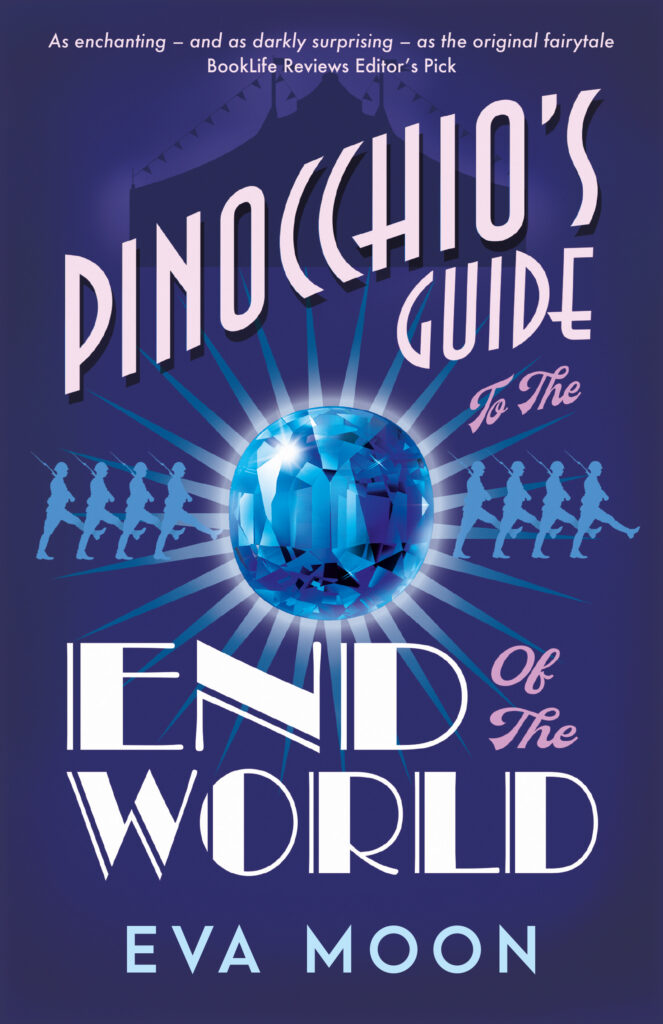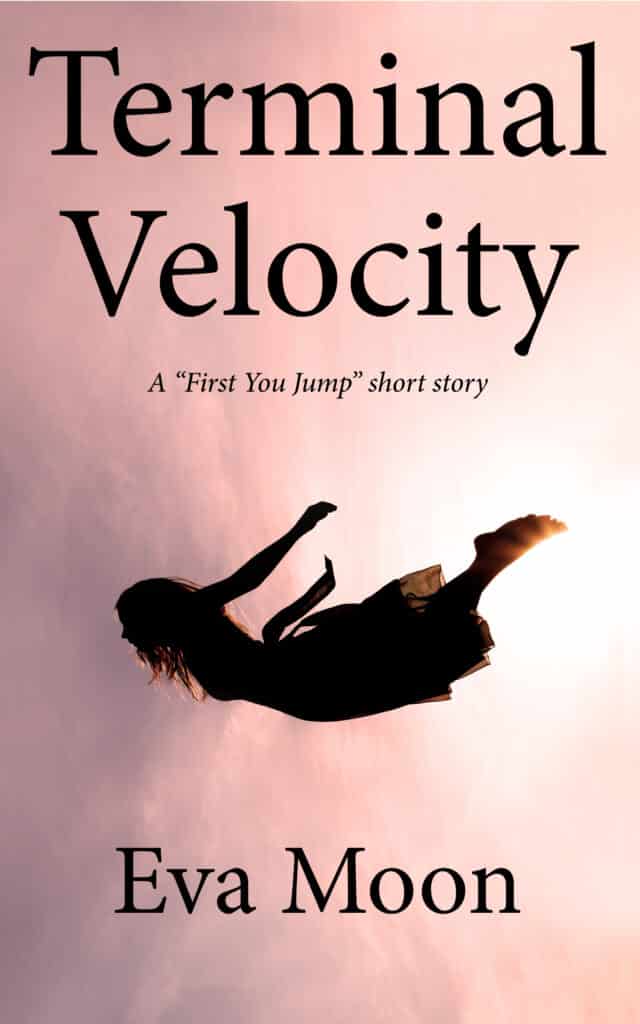In my family, whenever a question arises that we don’t know the answer to, someone will invariably say, mock-wistfully, “If only there was a way to find out!” – usually while everyone is already reaching for their phones, gunslinger style, to see who’s fastest on the draw. I’m as guilty of it as anyone. Knowing things that others don’t is an addictive pleasure. Bam! You win! And zero calories!
You may be shocked to learn this, but… it wasn’t always possible. Gather round, children. Let me tell you a nearly unbelievable tale from the mists of time.
Way, way back, if you wanted to find something out, you had to leave your house and go to a place called a “library“ (a physical building where paper printouts of web content is kept). Or just not find out that thing and move on. In the nineties, I remember my excitement when the online service Prodigy launched an online encyclopedia. You could get answers right at home! My excitement was short-lived because even the hint of instant gratification is instantly addictive and the Prodigy encyclopedia was anything but instant. You submitted a question through a form and several DAYS (yes, days) later an email arrived with an answer. This was annoying to me. But it was entirely unacceptable to my six-year-old son. By the time the answer to “do ants have noses“ arrived he was long past caring about that and wanted to know if cowboys had pockets.
Looking things up has gotten better. In fact, it’s gotten stupendously fantastic. I wouldn’t want to go back or deny the ways in which quick access to knowledge improves our lives and saves us from the intolerable boredom of waiting in the checkout line at the market. But there’s a loss too. A lot has been written about how the internet has pulverized our attention spans. (That may be or may not true, I tried to do some research but keep getting sidetracked…) But I want to address a different loss:
The value of not knowing
When I was in fourth grade, we read the short story “The Lady or The Tiger“ by Frank Stockton. In it a man must open one of two doors. Behind one door is a beautiful woman and behind the other is a ravenous tiger. The story famously ends without revealing what was behind the door he opened. It was my first explicit experience of a truly unsolvable mystery. I could have an opinion, but I could never know the truth. It was maddening, but also wonderful. I’ve never forgotten that almost delicious ache of unslakable curiosity and seek it out to this day.
I know people who look for hidden Christmas presents and skip ahead in books to read the end but to me, they are unfathomable. I can’t imagine cheating myself out of one second of sweet anticipation. You know this pleasure too. It’s one of the reasons sports and improv are so popular: the outcome is unknown and unknowable to both you and the players until you discover it together.
Our constant obsession information can lead us to think that there’s no difference between knowing the truth and believing we know the truth. We open doors all day long; see tigers or ladies and feed our addiction for that quick buzz of satisfaction. But perhaps it’s at the expense of the long, slow burn of mystery – of trying to wrap your brain around a question and puzzle it out for yourself.
Sometimes, the opposite of knowledge isn’t ignorance. Sometimes, it’s wonder.
Truth may or may not be out there and we may or may not know it when we find it. But it’s mystery and wonder that drive us to keep searching for the truth.


